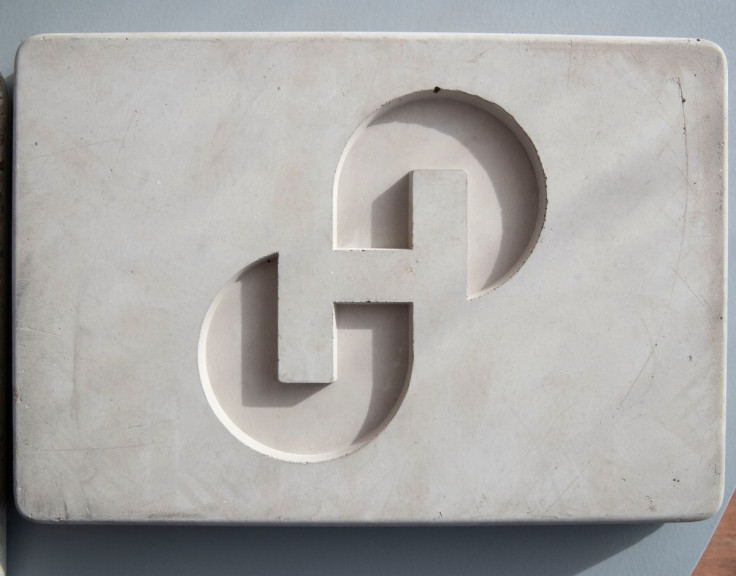Holcim To Use Proceeds From India Sale On Lower Carbon Acquisitions

Holcim will use cash raised from the sale of its Indian business for acquisitions focused on building products and solutions, Chief Executive Jan Jenisch said on Monday, with the cement-maker currently eyeing 10 potential targets.
Holcim agreed to sell its Indian business to Adani Group for 6.4 billion Swiss francs ($6.38 billion), its largest divestment in years, as it seeks to lower its carbon profile and raise funds for takeovers.
Over the last 15 months Holcim has spent 5 billion Swiss francs ($4.99 billion) on a string of companies outside the cement market as it pivots towards building products like roofing and mortars.
"We hope we can keep a similar pace and put this money to work very fast," Chief Executive Jan Jenisch told reporters.
"At the moment we have around 10 transactions being checked by us, being negotiated by us. They are small transactions, they are bigger transactions," Jenisch told reporter.
"We are ready for another Firestone," he said, referring to the $3.4 billion purchase of the American roofing business Holcim made last year.
The company would also look at smaller bolt on deals in the aggregates and ready-mix concrete areas, Jenisch said.
The sale of the Indian operations, which included 31 cement plants, would lower Holcim's CO2 profile, he added.
Making cement is an energy intensive industrial process which produces high levels of carbon, a situation which has deterred many investors and weighed on Holcim's share price.
Its shares were indicated 2.9% higher in premarket activity.
"Around 26% of our CO2 emissions are in India, so we will have a much reduced CO2 footprint," Jenisch said.
"We will always make cement, but we will decarbonise cement. We are happy to build up other segments like building solutions and products."
Following the India sale, the proportion of Holcim total sales in building products has risen to around 20%, with the company targeting a share of around 30%, he said.
($1 = 1.0024 Swiss francs)
© Copyright Thomson Reuters 2024. All rights reserved.



















